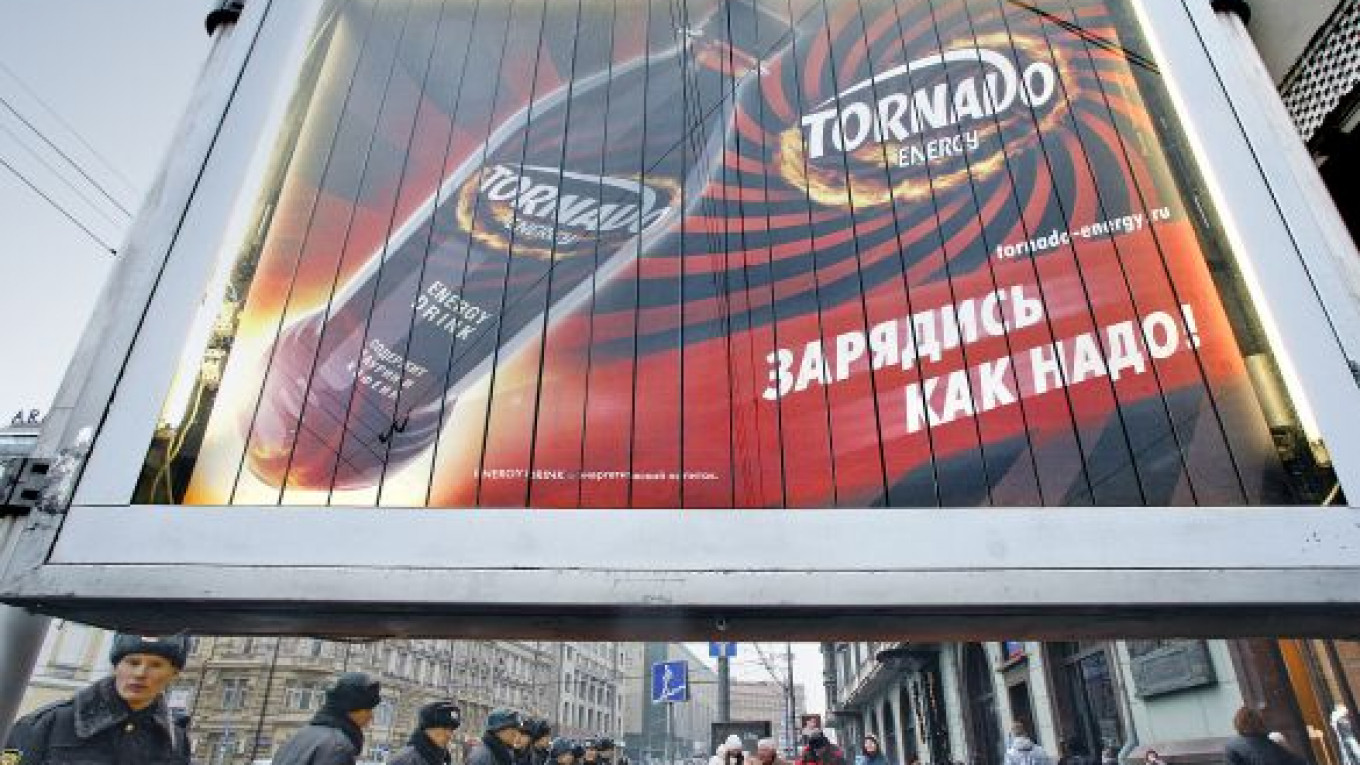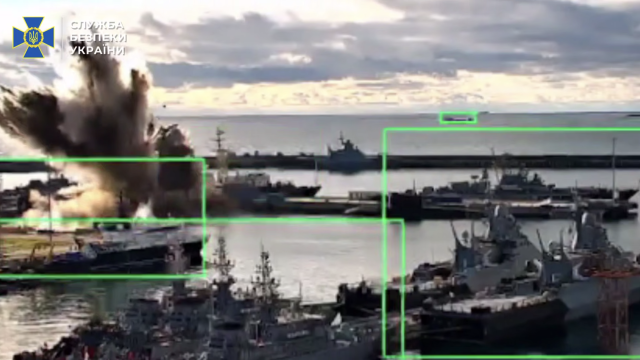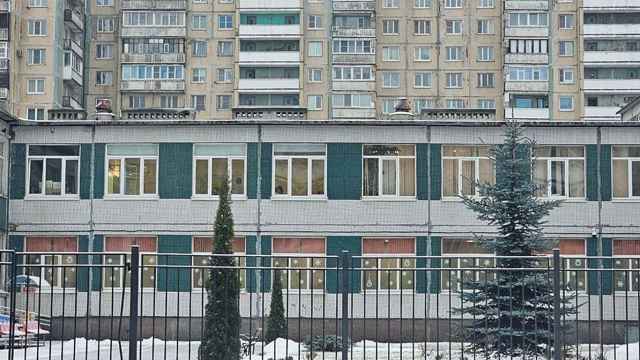The 2012 strategy report released two days before the Duma elections by investment bank UralSib Capital on Dec. 2 dismissed the possibility of domestic political disturbances.
The report noted Russia's "stable political environment" and only a "few minor risks" of anything damaging that stability — and only in the case of a macroeconomic shock.
But after the market reacted negatively to expressions of popular dissatisfaction at alleged ballot box-stuffing last week, economists and strategists have been scrambling to factor political risk back into the Russian market.
The MICEX Index tumbled 4 percent Tuesday after the first gathering of protestors Monday evening and the transfer of additional Interior Ministry troops to the capital.
An expectation that unrest will remain a significant factor for investors was near universal among experts at a macroeconomic prognosis conference organized by Vedomosti on Friday.
"It's completely obvious that new models of government are being very actively developed," said Mikhail Khazin, president of consulting firm Neokon. He warned that these new models would "cardinally change the relationship between the state and business."
Equity investors were closing out their positions Friday to be able to take account of the impact expected demonstrations over the weekend would have when markets opened Monday.
"Russian stocks have decoupled from external markets and newsflow," Kirill Tishchenko, leader of Finam's analytical department, said in a note Friday afternoon. "Trading is now tied to the protest movement."
HSBC Russia's chief economist Alexander Morozov told The Moscow Times that there could be a long-term positive effect for Russia's political system, but investors "will need time to assess whether this has taken place."
In the meantime, he added, "investors are keeping a low profile, which means that to finance Russian companies will be harder, to attract international capital will be complicated and … money won't be coming into Russia."
The end of Russia's election cycle with the presidential election in March next year should see a lessening of the political risk, said chief economist at Deutsche Bank in Russia Yaroslav Lissovolik.
Capital outflows, which reached $49.3 billion in the first three quarters according to Central Bank figures, could rise if financial inflows contract in the face of social unrest. Even before last week's elections, Deputy Economic Development Minister Andrei Klepach said total 2011 outflow could reach $80 billion.
But the economists at Friday's gathering were keen to stress the unpredictability of a protest movement that could fizzle out as well as grow. Other macroeconomic factors likely to determine the country's development in 2012 include a high oil price, the possibility of a springtime conflict between the United States and Iran and the worsening of the European debt crisis, they said.
A Message from The Moscow Times:
Dear readers,
We are facing unprecedented challenges. Russia's Prosecutor General's Office has designated The Moscow Times as an "undesirable" organization, criminalizing our work and putting our staff at risk of prosecution. This follows our earlier unjust labeling as a "foreign agent."
These actions are direct attempts to silence independent journalism in Russia. The authorities claim our work "discredits the decisions of the Russian leadership." We see things differently: we strive to provide accurate, unbiased reporting on Russia.
We, the journalists of The Moscow Times, refuse to be silenced. But to continue our work, we need your help.
Your support, no matter how small, makes a world of difference. If you can, please support us monthly starting from just $2. It's quick to set up, and every contribution makes a significant impact.
By supporting The Moscow Times, you're defending open, independent journalism in the face of repression. Thank you for standing with us.
Remind me later.







